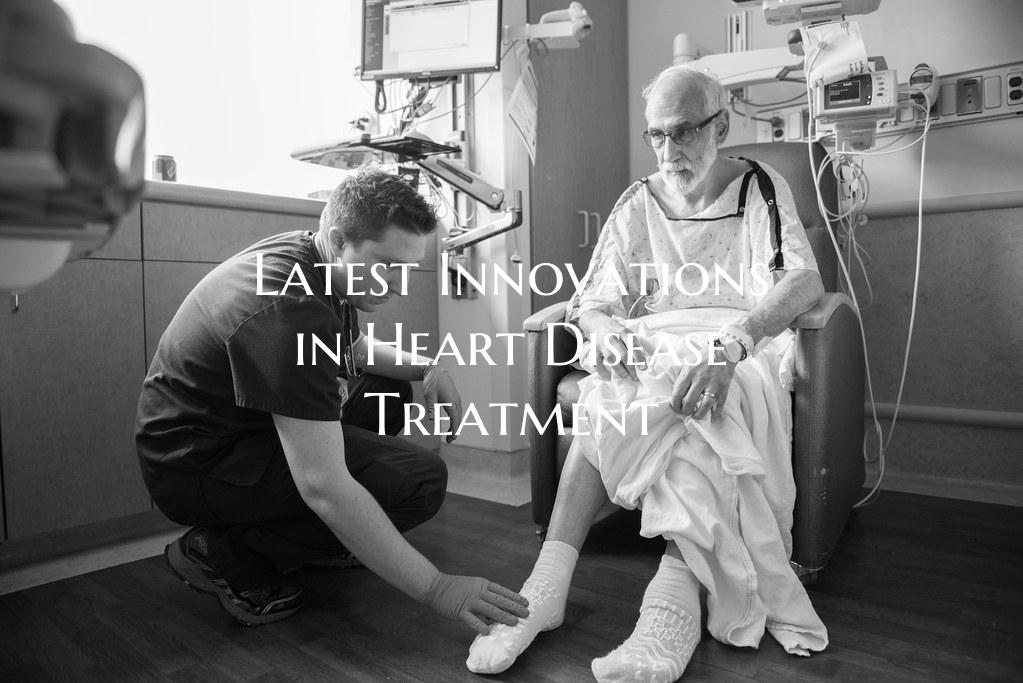
Latest Innovations in Heart Disease Treatment
In the realm of healthcare, advancements in medical technology and research are constantly shaping the way various diseases are diagnosed and treated. When it comes to heart disease, which remains one of the leading causes of death globally, the field of cardiology has seen remarkable innovations in recent years that are revolutionizing treatment approaches and improving patient outcomes.
1. Precision Medicine: One of the most significant advancements in heart disease treatment is the shift towards precision medicine. This approach involves tailoring treatment plans to individual patients based on their unique genetic makeup, lifestyle factors, and overall health profile. By leveraging genetic testing and advanced diagnostic tools, healthcare providers can develop personalized treatment strategies that are more effective and less invasive.
2. Minimally Invasive Procedures: Traditional open-heart surgeries are being replaced by minimally invasive procedures that offer numerous benefits, including shorter recovery times, reduced risk of complications, and improved cosmetic outcomes. Techniques such as transcatheter aortic valve replacement (TAVR) and percutaneous coronary intervention (PCI) are allowing cardiologists to treat complex heart conditions through small incisions, leading to better patient experiences.
3. Advanced Imaging Technologies: The development of advanced imaging technologies, such as cardiac MRI and 3D echocardiography, has significantly improved the accuracy of heart disease diagnosis and treatment planning. These non-invasive imaging techniques provide detailed insights into the structure and function of the heart, allowing healthcare providers to make more informed decisions about the most appropriate treatment options for each patient.
4. Artificial Intelligence (AI) in Cardiology: AI-powered algorithms and machine learning models are being increasingly used in the field of cardiology to analyze complex data, identify patterns, and predict outcomes. From diagnosing heart conditions to optimizing treatment plans, AI is helping cardiologists deliver more precise and personalized care to their patients. For example, AI algorithms can interpret electrocardiograms (ECGs) more accurately and efficiently than human experts, enabling early detection of cardiovascular abnormalities.
5. Gene Therapy: Gene therapy is an emerging frontier in heart disease treatment, offering the potential to address the underlying genetic causes of certain cardiac conditions. By introducing healthy genes into targeted cells, gene therapy holds promise for treating inherited heart diseases and improving heart function in patients who are at high risk of developing cardiovascular complications.
6. Regenerative Medicine: Stem cell therapy and other regenerative medicine approaches are being explored as innovative treatments for heart disease. By harnessing the regenerative potential of stem cells, researchers are investigating ways to repair damaged heart tissue, enhance cardiac function, and promote heart regeneration following a heart attack or other cardiac events.
In conclusion, the latest innovations in heart disease treatment are transforming the landscape of cardiology and paving the way for more effective, personalized, and minimally invasive interventions. As researchers and healthcare providers continue to push the boundaries of medical science, patients with heart disease can look forward to a future where cutting-edge treatments offer hope and improved quality of life.